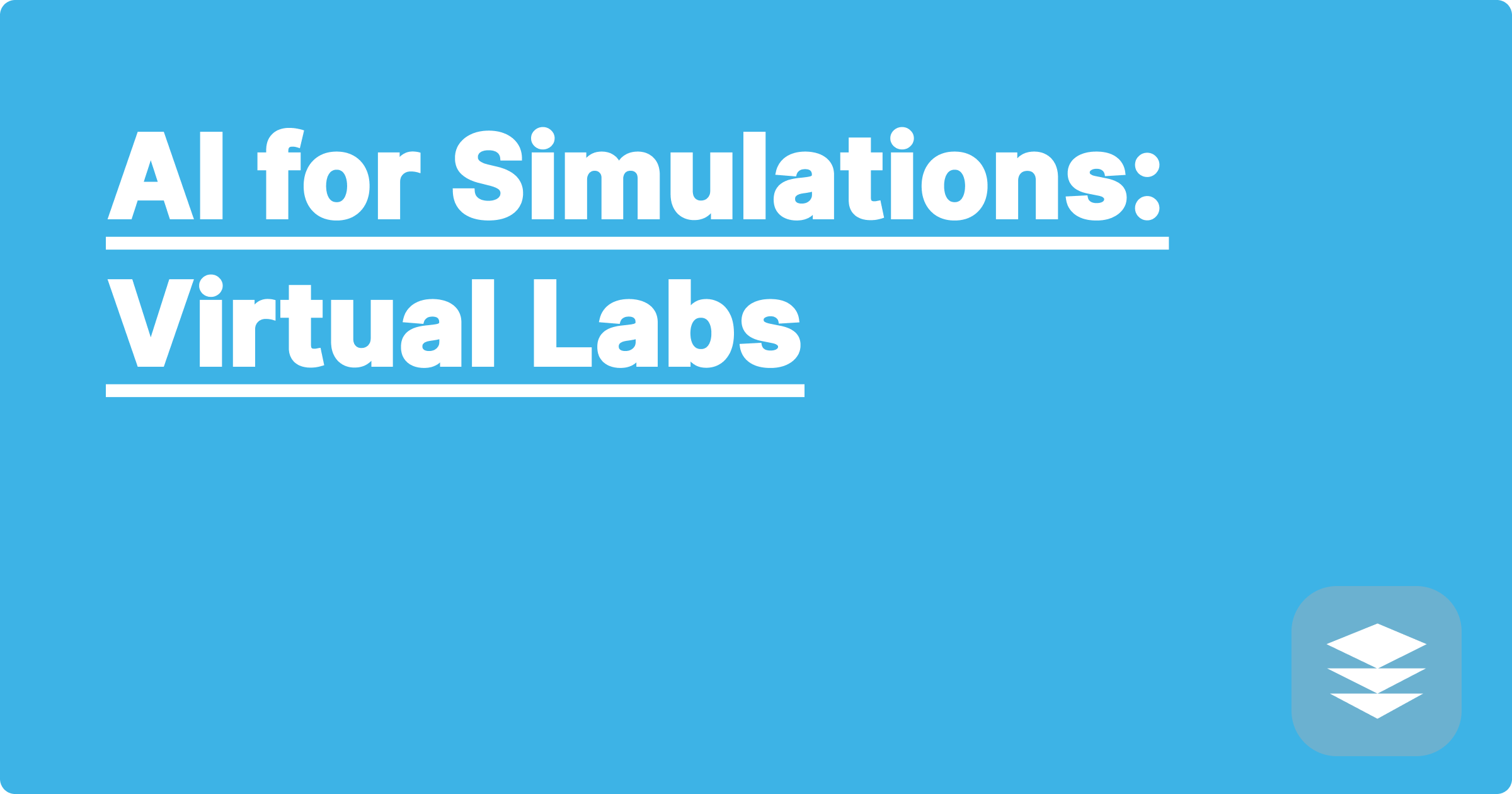
The world of STEM is demanding, requiring countless hours of study, research, and experimentation. From complex mathematical equations to intricate biological processes, the sheer volume of information and the need for hands-on experience can be overwhelming. Traditional learning methods often struggle to keep pace, leaving students feeling lost and researchers stretched thin. But what if there was a way to personalize your learning, accelerate your research, and even conduct experiments virtually, all powered by the latest advancements in artificial intelligence? This isn't science fiction; it's the reality of AI-powered virtual labs and personalized learning tools, ready to revolutionize how we approach STEM education and research.
This new wave of AI tools is not just about automating tedious tasks; it's about fundamentally changing how we interact with information and conduct experiments. Imagine having a personalized AI tutor, available 24/7, to guide you through complex concepts, analyze data, and even help you design your next research project. This is the power of Generalized Personal AI (GPAI), a concept rapidly gaining traction in the AI community. By combining the strengths of various AI models, GPAI can act as a personalized research assistant, helping you navigate the complexities of your field and unlock new levels of productivity. This blog post will explore how AI, particularly GPAI and other specialized tools, can empower you to succeed in STEM, offering practical tips, real-world examples, and actionable strategies to transform your learning and research experience.
STEM fields are inherently complex. They require a deep understanding of fundamental principles, the ability to apply these principles to solve problems, and the skills to conduct rigorous experiments. Traditional learning methods, like lectures and textbooks, often fall short in providing personalized support and engaging experiences. Laboratory work, while crucial, can be expensive, time-consuming, and sometimes even dangerous. Furthermore, the sheer volume of research literature can be daunting, making it challenging to stay up-to-date with the latest advancements in your field. This is where AI-powered virtual labs and personalized learning tools step in, offering a solution to these challenges and opening up new possibilities for STEM education and research.
AI tools offer a powerful suite of capabilities to address the challenges faced by STEM students and researchers. GPAI, for example, can be used to create personalized learning plans based on your strengths and weaknesses. It can act as a virtual tutor, explaining difficult concepts, answering your questions, and providing targeted feedback. Beyond GPAI, specialized AI tools can assist with specific tasks. Wolfram Alpha can handle complex mathematical computations, while tools like Elicit can help you navigate research literature and identify relevant studies. For coding tasks, GitHub Copilot can assist with code generation and debugging. These tools, when used strategically, can significantly enhance your learning and research experience.
Integrating AI into your workflow is easier than you might think. First, identify your specific needs. Are you struggling with a particular concept? Do you need help analyzing data? Once you've identified your needs, you can start exploring relevant AI tools. For example, if you're struggling with a physics problem, you might use Wolfram Alpha to solve equations and visualize concepts. If you're overwhelmed by the amount of research literature, Elicit can help you find relevant papers and extract key information. For coding projects, GitHub Copilot can suggest code snippets and help you debug errors. The key is to experiment with different tools and find what works best for you.
Let's consider a concrete example. Imagine you're a biology student studying gene expression. You could use a specialized AI tool like BioRaptor to analyze gene sequences, predict protein structures, and even simulate gene interactions. This allows you to explore complex biological processes in a virtual environment, without the need for expensive lab equipment. As another example, if you're a physics student struggling with thermodynamics, you could use Wolfram Alpha to calculate thermodynamic properties, solve equations, and visualize thermodynamic cycles. This can help you develop a deeper understanding of the concepts and improve your problem-solving skills.
To maximize the benefits of AI in your STEM studies, consider these strategies. First, integrate GPAI into your daily routine. Use it to schedule your study time, set reminders for deadlines, and track your progress. Second, explore specialized AI tools relevant to your field. There are countless tools available, so take the time to research and experiment. Third, don't be afraid to ask for help. There are online communities and forums where you can connect with other students and researchers using AI tools. Fourth, remember that AI is a tool, not a replacement for hard work. Use it to enhance your learning and research, but don't rely on it entirely. Finally, stay up-to-date with the latest advancements in AI. The field is constantly evolving, so it's important to stay informed about new tools and techniques.
By embracing these strategies, you can leverage the power of AI to achieve academic success and unlock your full potential in STEM. Start by identifying your specific needs and exploring the available AI tools. Experiment with different approaches and find what works best for you. Remember that AI is a powerful tool that can transform your learning and research experience, opening up new possibilities and empowering you to succeed in the exciting world of STEM. Don't hesitate to explore the resources available and begin your journey towards AI-powered learning and research today. The future of STEM is here, and it's powered by AI.
AI for Simulations: Virtual Labs
AI Study Buddy: Personalized Learning
AI Homework Helper: Get Unstuck
AI Design Tool: CAD Automation
AI Flashcards: Efficient Learning
AI Equation Solver: Math Made Easy
AI Lab Assistant: Data Analysis
AI Note Taker: Organize Your Notes